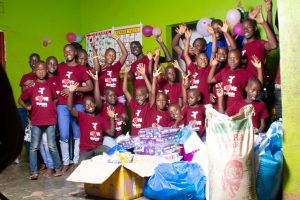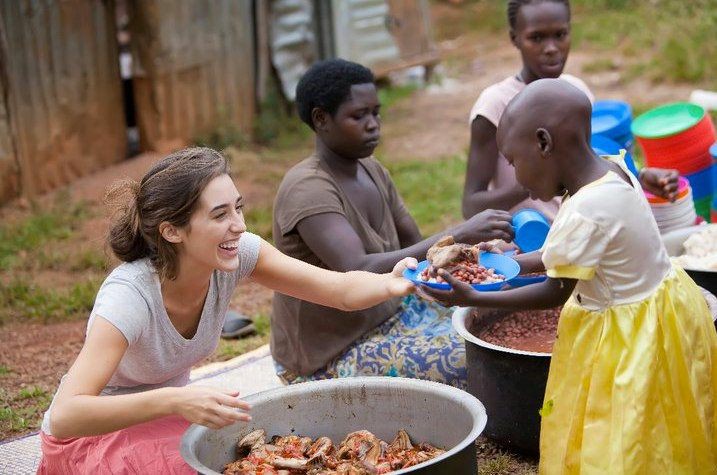The dream has come true after the announcement of the reopening of schools. Everyone is getting ready teachers, school owners, parents, and students. Reopening of schools but who is going back? After two years of closure, schools are to be opened up in Uganda on the 10th of January 2022. The president of Uganda confirmed on the 31st of December 2021 that all the learners will go back to school on the 10th of January. This is good news to all parents and school owners plus teachers who are willing to continue with the call.
The minister of education and sports says that learners are automatically going to the next class. That is to say, those who were in senior one to be promoted to senior two as schools open. This is due to the missed terms by the students due to the COVID-19 pandemic.
This may be good news for the high growth rate of children mostly girls. But the coverage in the school syllabus is low and no one knows how it is going to be covered. Teachers are advised to find balancing solutions to make up for the lost time. But remember it has been long since students last sat in the classrooms and their minds are not set the school class works, tests, and exams.
SCHOOLS
About 40% of Uganda’s primary schools and 60% of its secondary are private institutions, run by individuals, religious organizations, charities, and businesses. Their main income is through school fees which cover all the running costs. These include the teachers’ salaries which range from ($100) 350,000 to (250) 880,000 Uganda shillings a month. Some private schools offer high-quality education and have good facilities. As schools were closed due to COVID-19 many had got loans to sustain the schools hoping they would pay using the payments of school fees. Therefore many have been put out for sale due to failure to pay loans of the bank. The government’s promises to assist private school teachers have gone unfulfilled. No one knows if all schools will be in a position to open up by January 10th.
Schools need a lot of money to start operating as:
- Some classrooms are not in good shape due to the long time not been in use.
- The sits or desks used in the classrooms are all broken due to the ants so new ones are needed.
- The materials to be used in putting SOPS in practice are also limited in schools since all students are going back at the same time. For example temperature guns, tape water, soap to wash hands, and hand sanitizer to be used. This means additional money which is not available.
- Schools are to provide some money to teachers who had moved to the villages. The money is to cater for the rent since some were chased away from the houses and to buy some other stuff like clothes, shoes, etc.
- Facilities to enable social distance are also not available such as dormitories and classrooms.
All the above and more up to the school owners and heads to find ways of providing everything that is needed.
TEACHERS
School teachers as the holders of the institutions are also to be looked up in this matter as schools reopen.
Schools are set to have a shortage of teachers as they look forward to reopening up. So many schools as they closed due to COVID-19 they were u able to pay these teachers by that time. Those in private schools received messages “No more payments until when schools open.” So many teachers were left to starve and be chased out of their homes since the source of money was closed. It reached a point where teachers started begging parents to give them something to eat
Many teachers had to find jobs to earn some money since there was not any light when schools will be opened. They worked in jobs like making chapatis, washing clothes in the neighborhood, some became farmers and others decided to go to Dubai to work. Many have been successful in their businesses where they get good money. They are not willing to go back to teaching leaving their business. Those in farming say that they have a ready market for their products so they have transformed from teaching to farming. So where are the teachers who are going to attend to learners in school? What quality of learners is going to be produced.
So it’s advised that teachers should have more listening ears than ever before this time around. The students have gone through a lot in the past two years. The government of Uganda has remembered at last teachers from private schools both primary and secondary to receive ten thousand shillings ( 100,000shs) each in COVID-19 relief cash.
Let’s talk about the PARENTS.
Parents are the breeders of the school fees and providers of the students. The school fees range from shillings 100,000 to shillings 2,000,000 and above. Many parents lost their jobs during the COVID-19 and they are looking north and west to get the school fees ready come January 10th. And many parents are not willing to take their kids back to school due to financial difficulties. So the question comes up how many parents will have the full fees for the children in schools. Although very many parents are shopping for their children per now. They are shopping from school uniforms, books, shoes, pens, and pencils to what they will eat in the term.
The big factor comes up the “STUDENTS”
Children were safe in schools but the closing of schools due to COVID-19 every changed. According to the National Planning Authority says that 30 percent of students are expected not to return to their school decks in January due to teen pregnancy, early marriage, and child labor. The two years of school shutdown have done more harm than good. This was said by the Uganda National Teachers’ Union (UNATU) General secretary Filbert Baguma. Many girls got pregnant, got married off and others got jobs and started earning money. Some girls have two children in two lockdowns.
The cultural norms and the stigma can make the girls ashamed of going back to school while pregnant or even being married. Although some would wish to go back to school some were chased away from home and had no stable job to provide school fees. Boys are not also spared from the impact of the school shutdown with many in the child labor market. They have been working in mining, street vending, making bricks, and sugarcane planting. They are touching money so they see no reason to go back to school. It’s very hard to convince these children to go back to school as they see no valve in schooling again. So which children are going back to school?

Donations of scholastic materials upon the reopening of schools at Love Uganda Orphanage.
Volunteering in Uganda gives an opportunity to volunteer under the education program and the orphanage program to extend help to vulnerable children.
Partnering with Love Uganda foundation that has about 30 children and they all need to go back to school come Monday 10th, December 2022. They need scholastic materials that are to say uniforms, books, pens and other materials need in schools.
Through donations, we will be able to provide them with the school requirements. By sponsoring a child at Love Uganda Orphanage home, she or she will be able to attend school without any differentiates. Please check out our fee and get involved.
With its partners, Tuyambe.org, Love Uganda Safaris, join hands to make sure that these children get everything they need during school times and holidays.
But we can’t manage alone without your help. Offer a hand as we “empower the next generation.”











